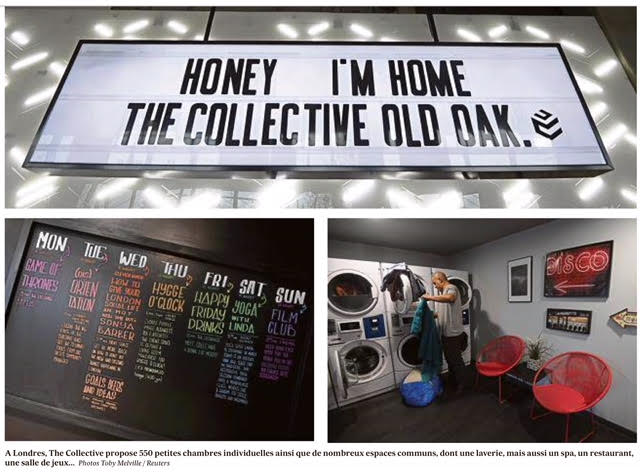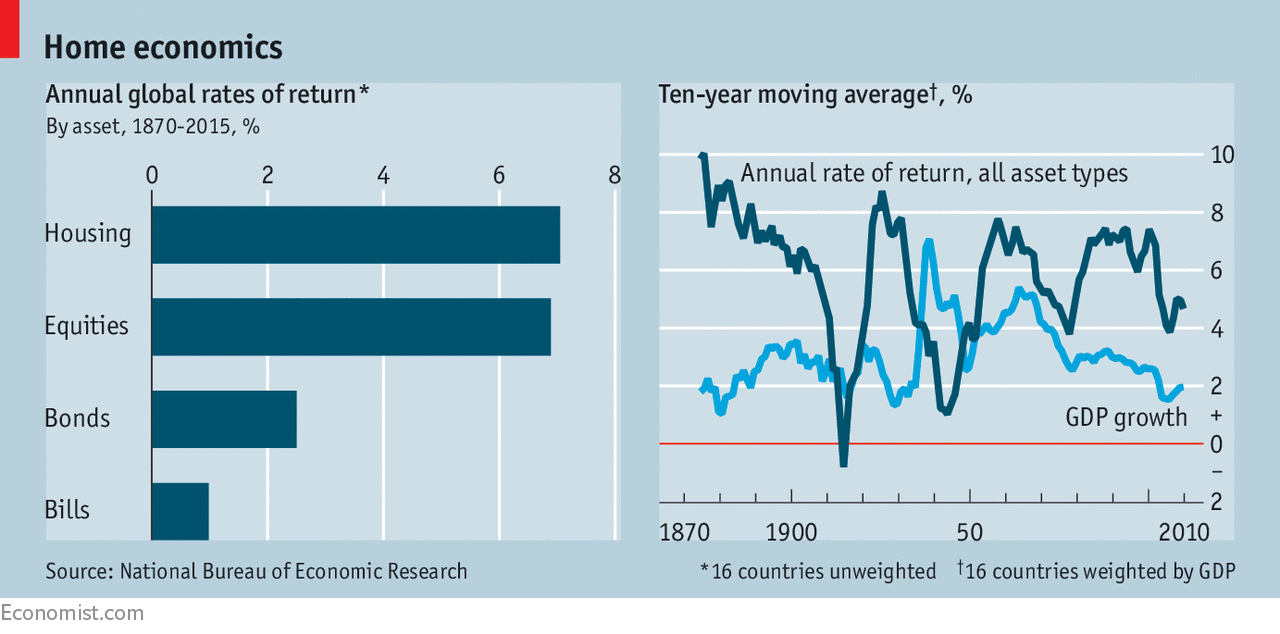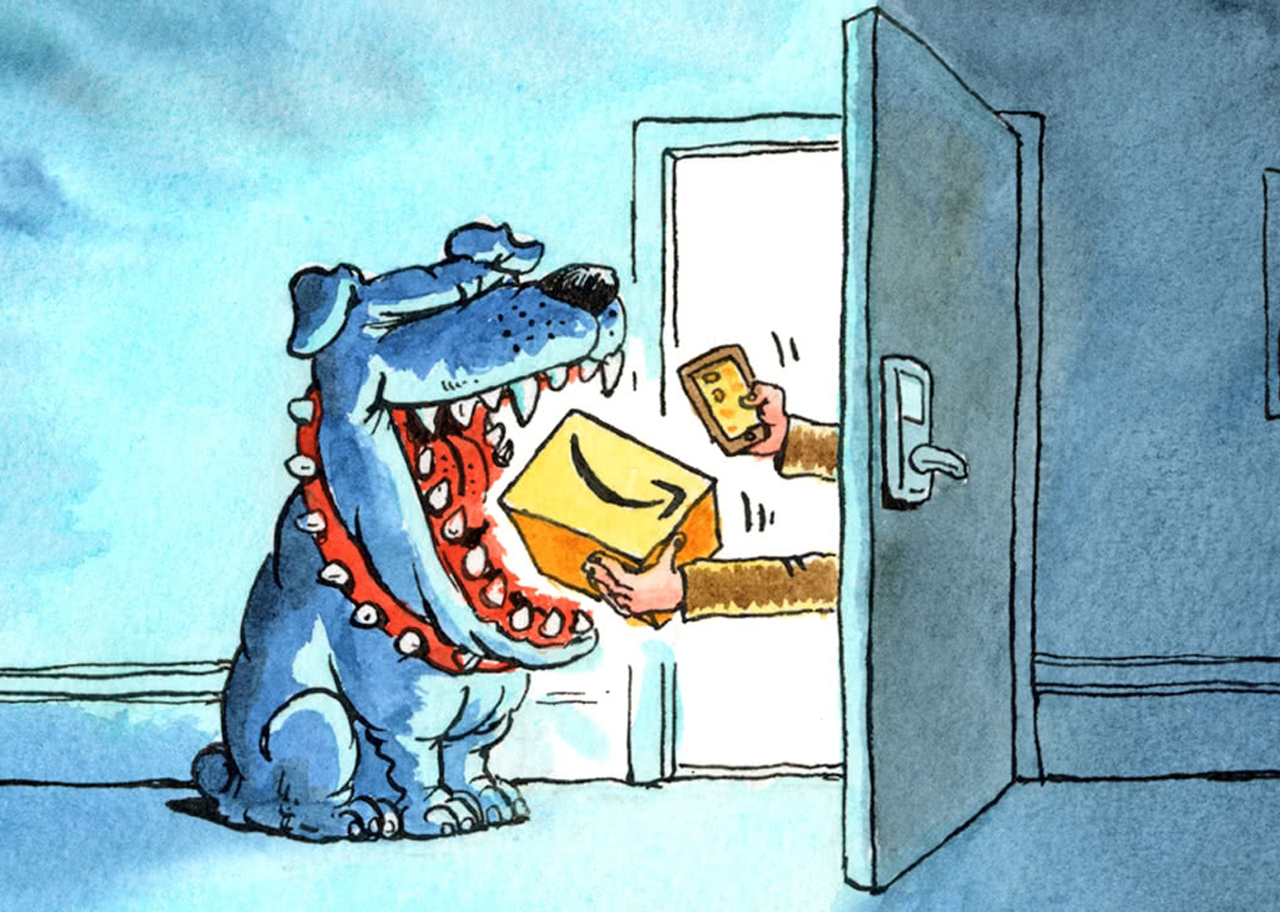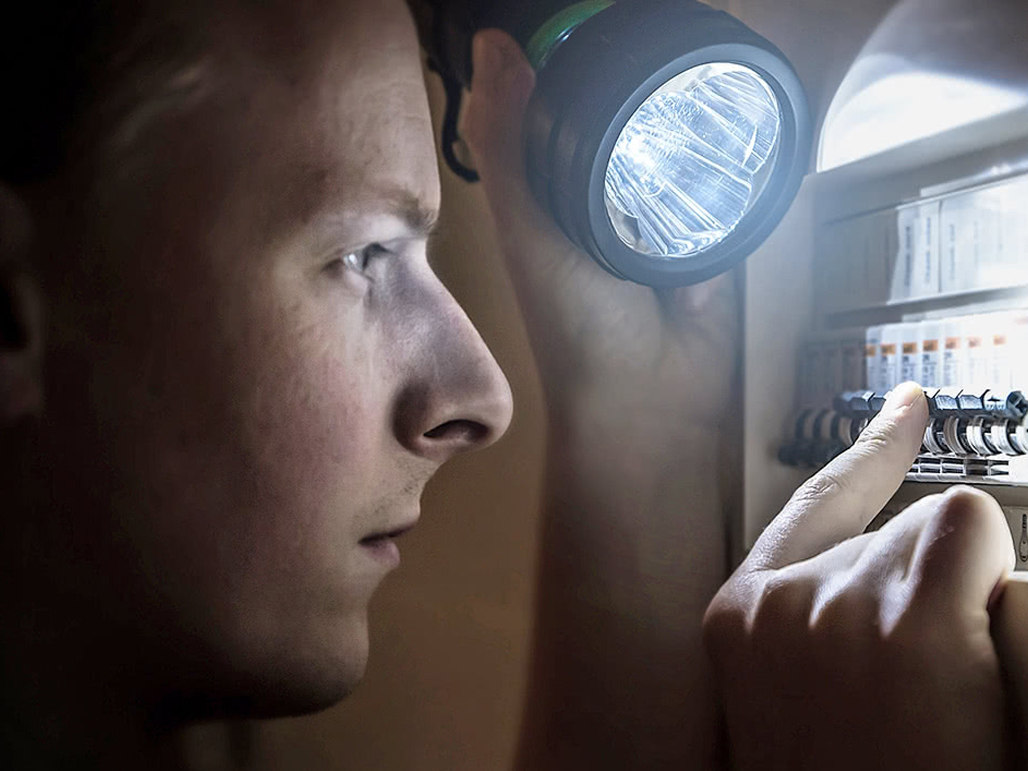Smart homes open the door to growth for insurers
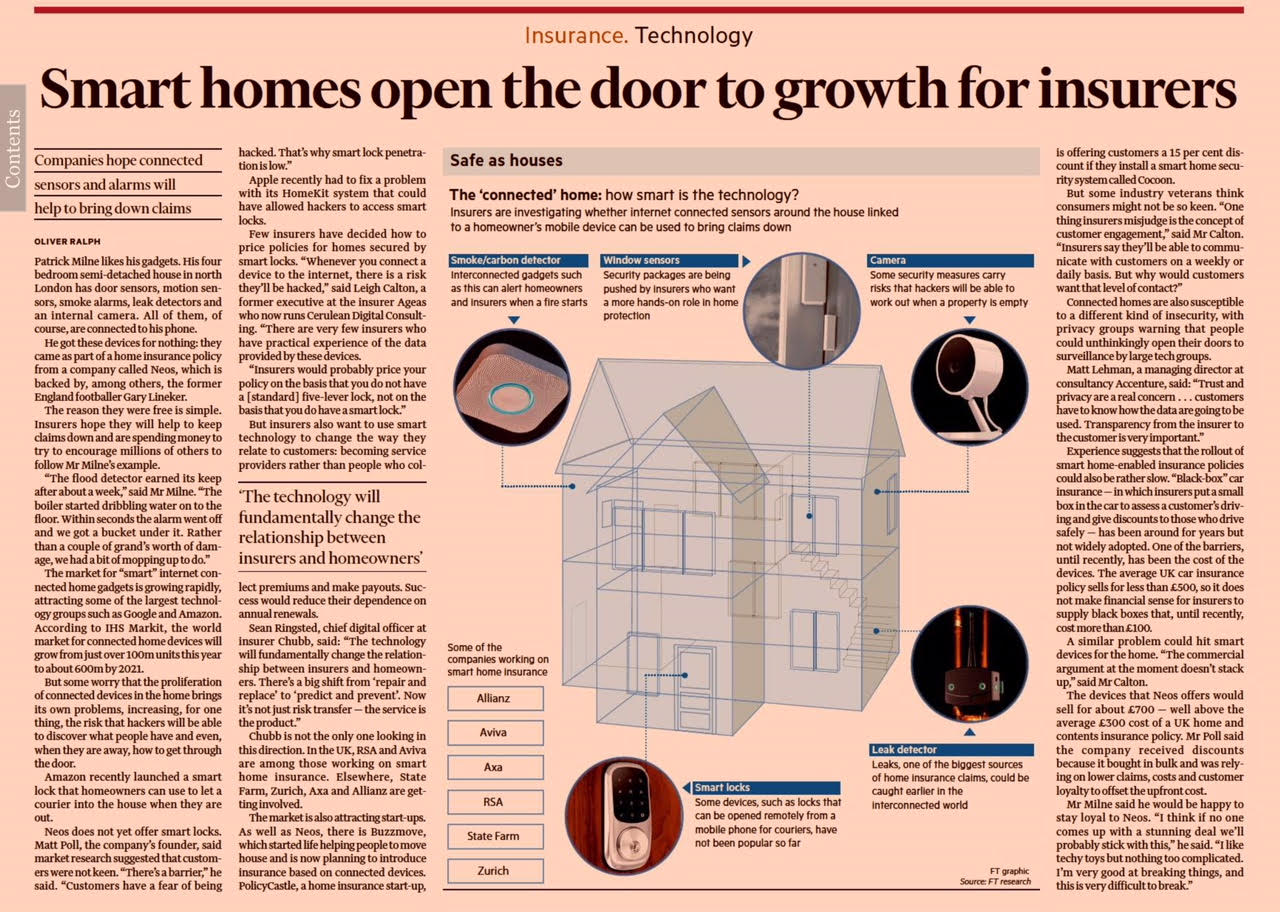

Patrick Milne likes his gadgets. His four bedroom semi-detached house in north London has door sensors, motion sensors, smoke alarms, leak detectors and an internal camera. All of them, of course, are connected to his phone.
He got these devices for nothing: they came as part of a home insurance policy from a company called Neos, which is backed by, among others, the former England footballer Gary Lineker.
The reason they were free is simple. Insurers hope they will help to keep claims down and are spending money to try to encourage millions of others to follow Mr Milne’s example.
“The flood detector earned its keep after about a week,” said Mr Milne. “The boiler started dribbling water on to the floor. Within seconds the alarm went off and we got a bucket under it. Rather than a couple of grand’s worth of damage, we had a bit of mopping up to do.”
The market for “smart” internet connected home gadgets is growing rapidly, attracting some of the largest technology groups such as Google and Amazon. According to IHS Markit, the world market for connected home devices will grow from just over 100m units this year to about 600m by 2021.
But some worry that the proliferation of connected devices in the home brings its own problems, increasing, for one thing, the risk that hackers will be able to discover what people have and even, when they are away, how to get through the door.
Amazon recently launched a smart lock that homeowners can use to let a courier into the house when they are out.
Neos does not yet offer smart locks. Matt Poll, the company’s founder, said market research suggested that customers were not keen. “There’s a barrier,” he said. “Customers have a fear of being hacked. That’s why smart lock penetration is low.”
Apple recently had to fix a problem with its HomeKit system that could have allowed hackers to access smart locks.
Few insurers have decided how to price policies for homes secured by smart locks. “Whenever you connect a device to the internet, there is a risk they’ll be hacked,” said Leigh Calton, a former executive at the insurer Ageas who now runs Cerulean Digital Consulting. “There are very few insurers who have practical experience of the data provided by these devices.
“Insurers would probably price your policy on the basis that you do not have a [standard] five-lever lock, not on the basis that you do have a smart lock.”
But insurers also want to use smart technology to change the way they relate to customers: becoming service providers rather than people who collect premiums and make payouts. Success would reduce their dependence on annual renewals.
Sean Ringsted, chief digital officer at insurer Chubb, said: “The technology will fundamentally change the relationship between insurers and homeowners. There’s a big shift from ‘repair and replace’ to ‘predict and prevent’. Now it’s not just risk transfer — the service is the product.”
Chubb is not the only one looking in this direction. In the UK, RSA and Aviva are among those working on smart home insurance. Elsewhere, State Farm, Zurich, Axa and Allianz are getting involved.
The market is also attracting start-ups. As well as Neos, there is Buzzmove, which started life helping people to move house and is now planning to introduce insurance based on connected devices. PolicyCastle, a home insurance start-up, is offering customers a 15 per cent discount if they install a smart home security system called Cocoon.
But some industry veterans think consumers might not be so keen. “One thing insurers misjudge is the concept of customer engagement,” said Mr Calton. “Insurers say they’ll be able to communicate with customers on a weekly or daily basis. But why would customers want that level of contact?”
Connected homes are also susceptible to a different kind of insecurity, with privacy groups warning that people could unthinkingly open their doors to surveillance by large tech groups.
Matt Lehman, a managing director at consultancy Accenture, said: “Trust and privacy are a real concern . . . customers have to know how the data are going to be used. Transparency from the insurer to the customer is very important.”
Experience suggests that the rollout of smart home-enabled insurance policies could also be rather slow. “Black-box” car insurance — in which insurers put a small box in the car to assess a customer’s driving and give discounts to those who drive safely — has been around for years but not widely adopted. One of the barriers, until recently, has been the cost of the devices. The average UK car insurance policy sells for less than £500, so it does not make financial sense for insurers to supply black boxes that, until recently, cost more than £100.
A similar problem could hit smart devices for the home. “The commercial argument at the moment doesn’t stack up,” said Mr Calton.
The devices that Neos offers would sell for about £700 — well above the average £300 cost of a UK home and contents insurance policy. Mr Poll said the company received discounts because it bought in bulk and was relying on lower claims, costs and customer loyalty to offset the upfront cost.
Mr Milne said he would be happy to stay loyal to Neos. “I think if no one comes up with a stunning deal we’ll probably stick with this,” he said. “I like techy toys but nothing too complicated. I’m very good at breaking things, and this is very difficult to break.”



